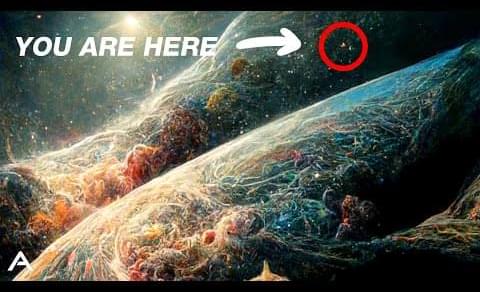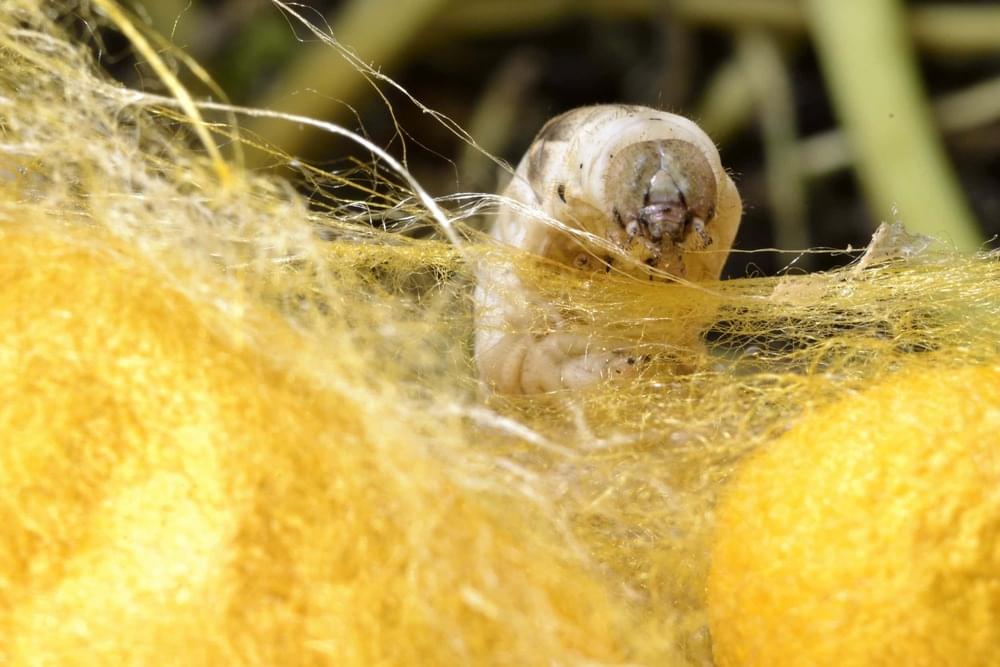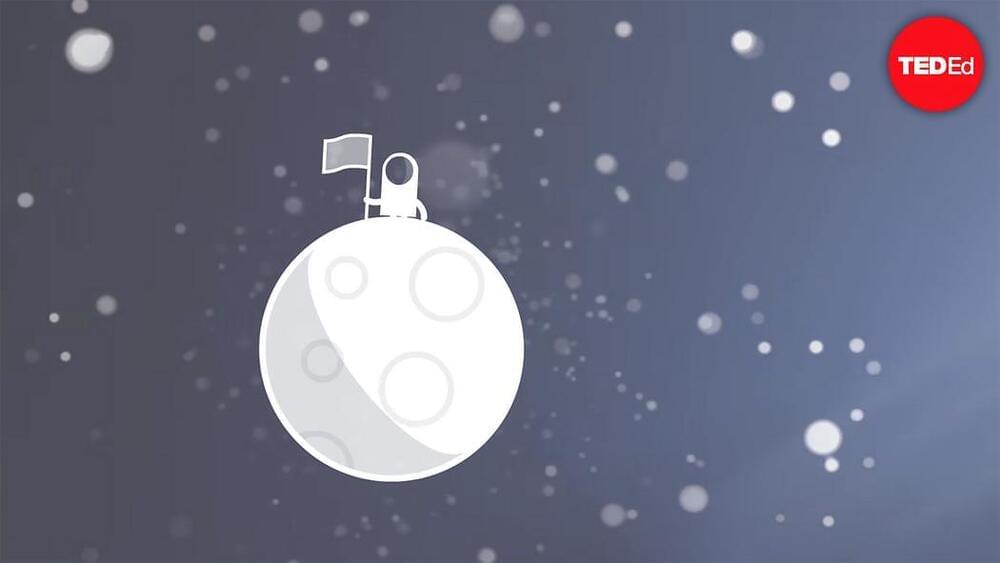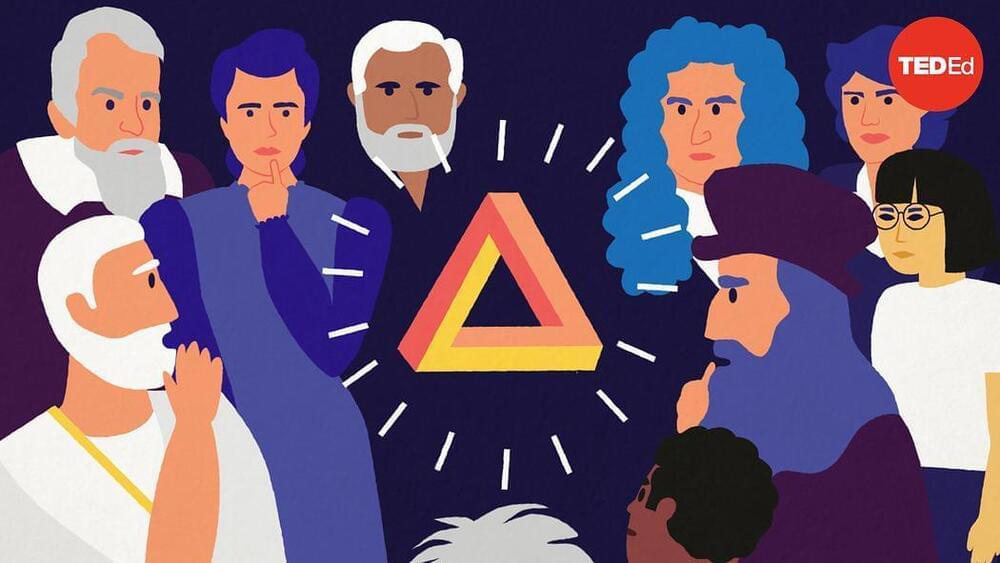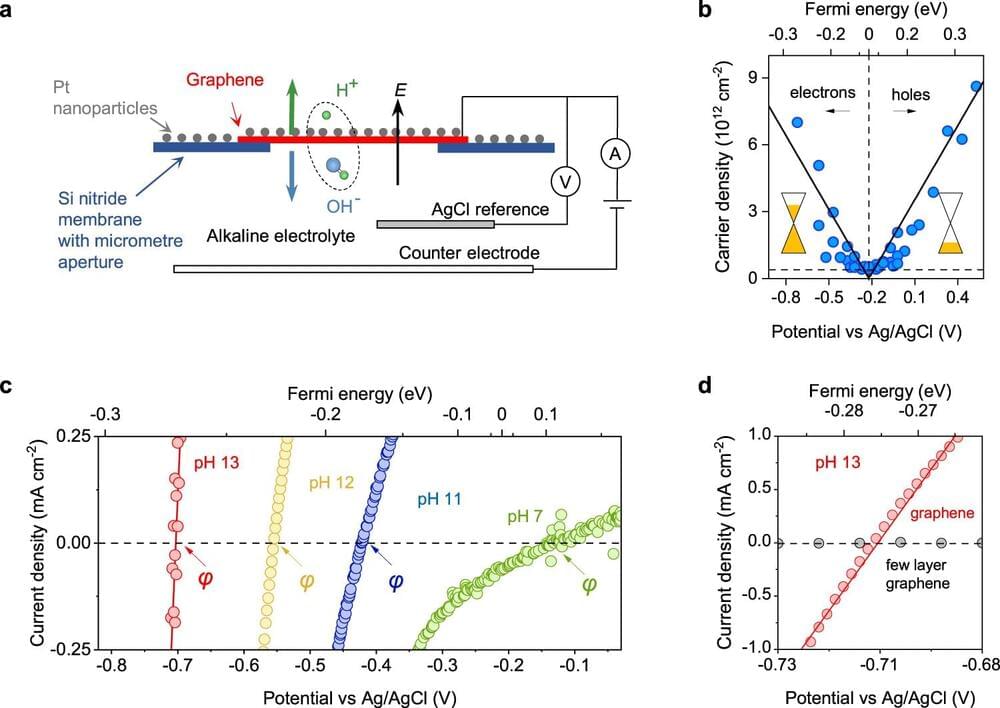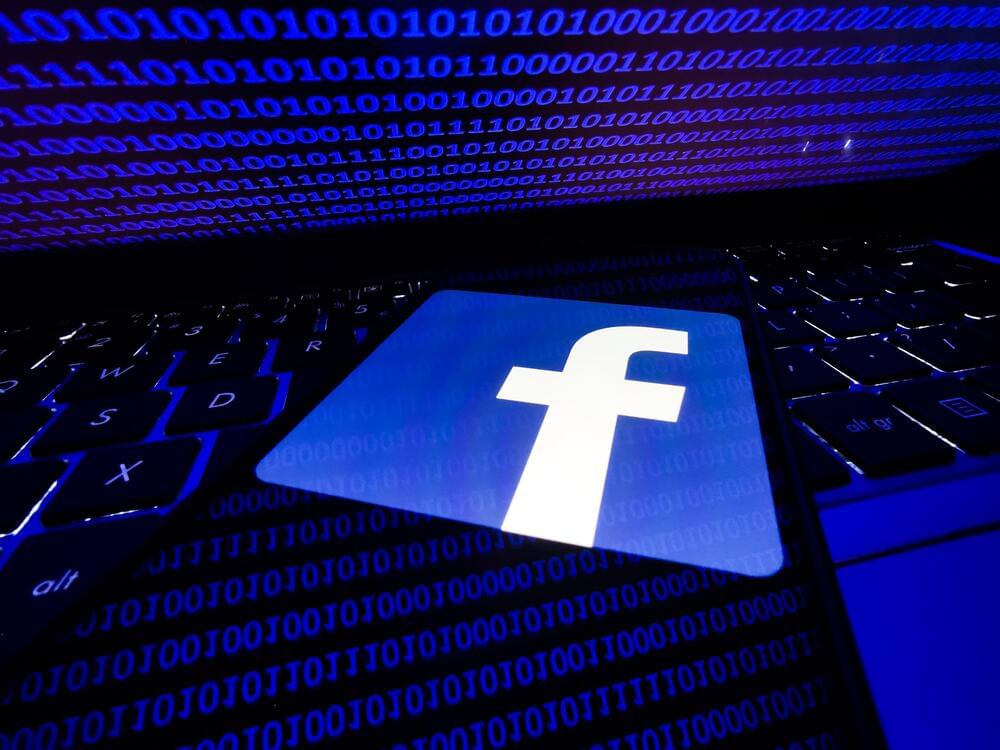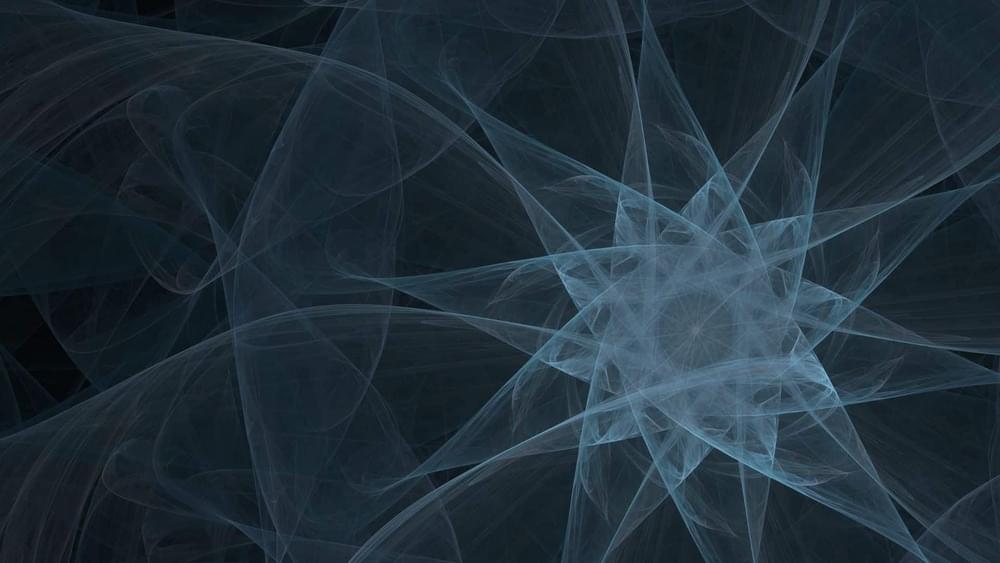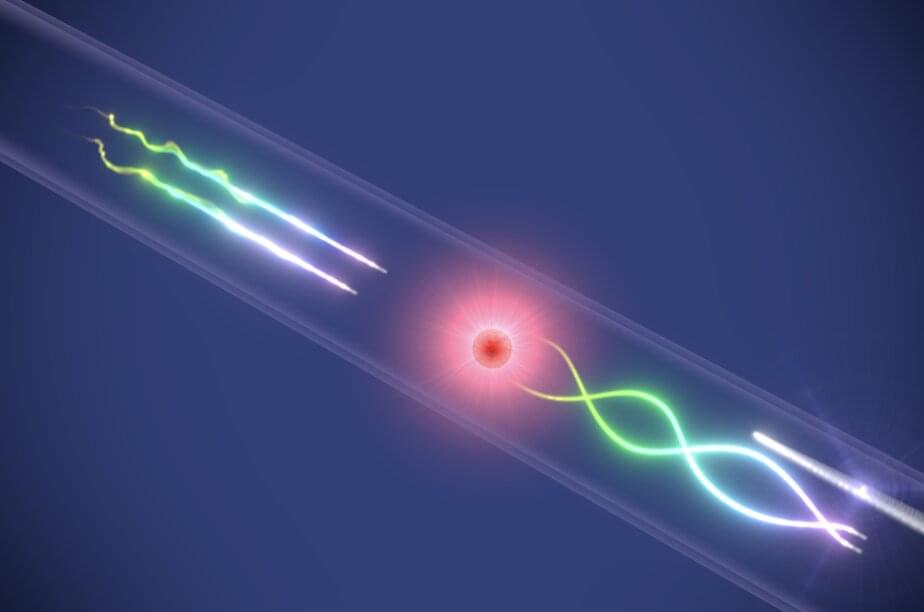
Photons, particles that represent a quantum of light, have shown great potential for the development of new quantum technologies. More specifically, physicists have been exploring the possibility of creating photonic qubits (quantum units of information) that can be transmitted over long distances using photons.
Despite some promising results, several obstacles still need to be overcome before photonic qubits can be successfully implemented on a large-scale. For instance, photons are known to be susceptible to propagation loss (i.e., a loss of energy, radiation, or signals as it travels from one point to another) and do not interact with one another.
Researchers at University of Copenhagen in Denmark, Instituto de Física Fundamental IFF-CSIC in Spain, and Ruhr-Universität Bochum in Germany have recently devised a strategy that could help to overcome one of these challenges, namely the lack of photon-photon interactions. Their method, presented in a paper published in Nature Physics, could eventually aid the development of more sophisticated quantum devices.

